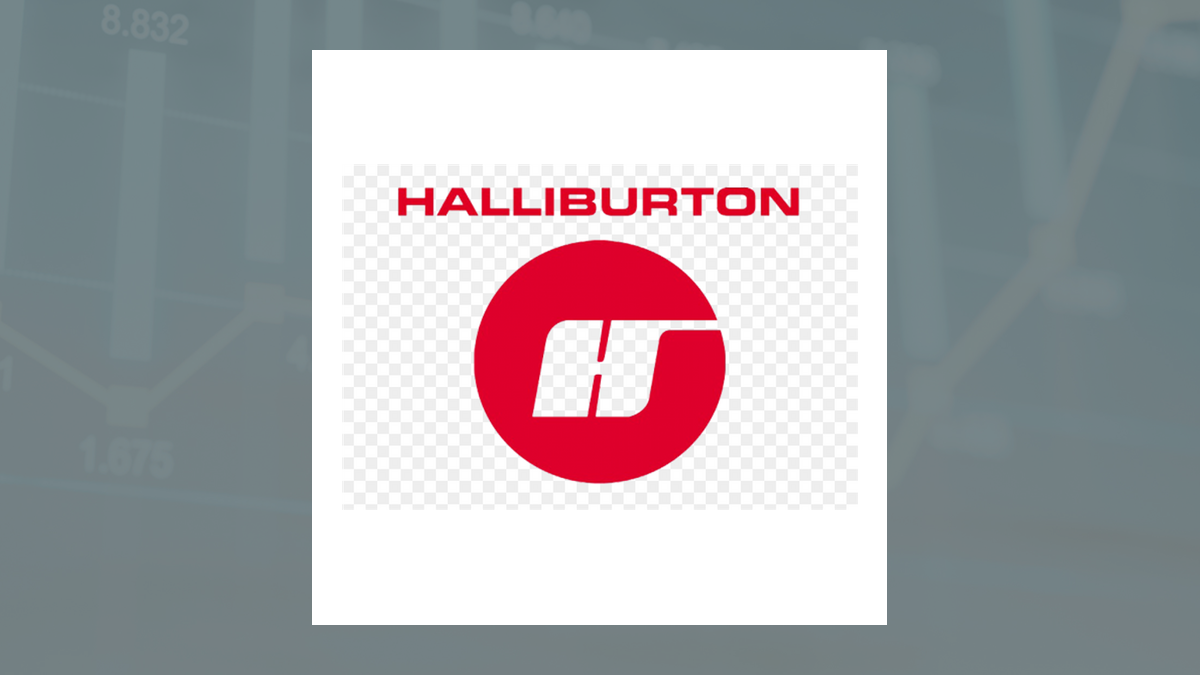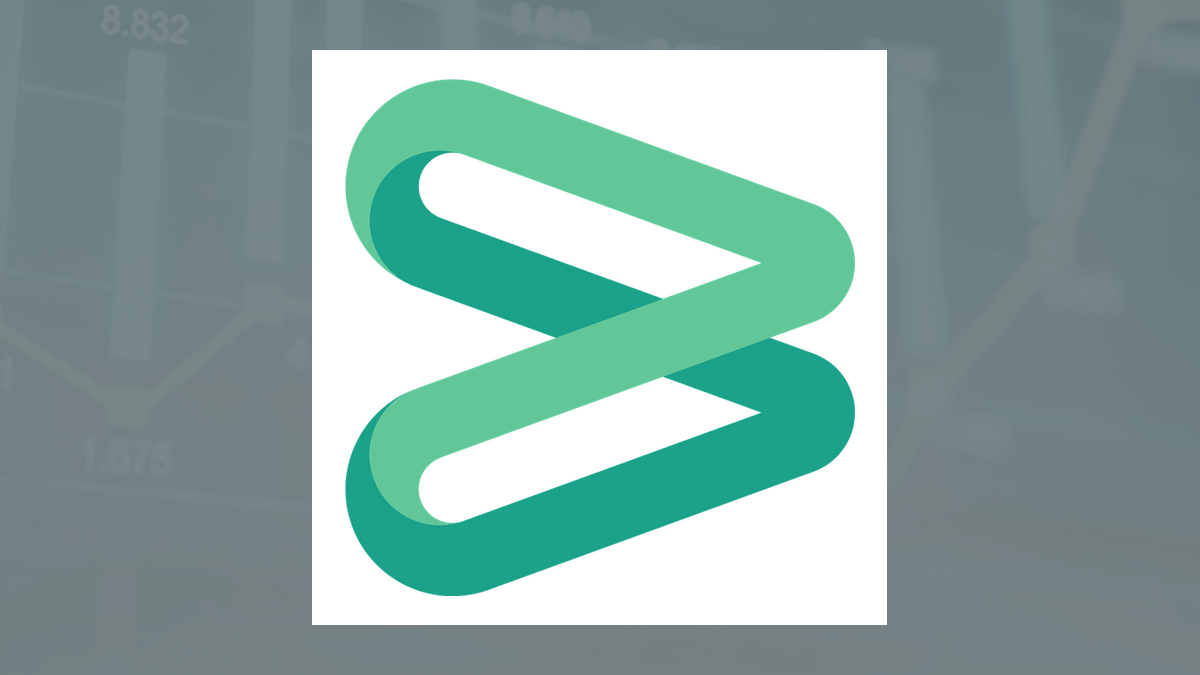Halliburton (NYSE:HAL – Get Free Report) and Baker Hughes (NASDAQ:BKR – Get Free Report) are both large-cap energy companies, but which is the better business? We will compare the two businesses based on the strength of their earnings, analyst recommendations, dividends, risk, valuation, profitability and institutional ownership.
Insider and Institutional Ownership
85.2% of Halliburton shares are held by institutional investors. Comparatively, 92.1% of Baker Hughes shares are held by institutional investors. 0.6% of Halliburton shares are held by company insiders. Comparatively, 0.3% of Baker Hughes shares are held by company insiders. Strong institutional ownership is an indication that endowments, large money managers and hedge funds believe a company is poised for long-term growth.
Analyst Ratings
This is a summary of current ratings and recommmendations for Halliburton and Baker Hughes, as reported by MarketBeat.
| Sell Ratings | Hold Ratings | Buy Ratings | Strong Buy Ratings | Rating Score | |
| Halliburton | 0 | 8 | 14 | 0 | 2.64 |
| Baker Hughes | 0 | 3 | 20 | 0 | 2.87 |
Volatility and Risk
Halliburton has a beta of 1.12, meaning that its share price is 12% more volatile than the S&P 500. Comparatively, Baker Hughes has a beta of 0.94, meaning that its share price is 6% less volatile than the S&P 500.
Profitability
This table compares Halliburton and Baker Hughes’ net margins, return on equity and return on assets.
| Net Margins | Return on Equity | Return on Assets | |
| Halliburton | 8.37% | 21.45% | 8.85% |
| Baker Hughes | 11.04% | 14.56% | 6.53% |
Dividends
Halliburton pays an annual dividend of $0.68 per share and has a dividend yield of 3.2%. Baker Hughes pays an annual dividend of $0.92 per share and has a dividend yield of 2.1%. Halliburton pays out 31.8% of its earnings in the form of a dividend. Baker Hughes pays out 30.1% of its earnings in the form of a dividend. Both companies have healthy payout ratios and should be able to cover their dividend payments with earnings for the next several years. Halliburton has raised its dividend for 4 consecutive years and Baker Hughes has raised its dividend for 4 consecutive years.
Earnings and Valuation
This table compares Halliburton and Baker Hughes”s revenue, earnings per share and valuation.
| Gross Revenue | Price/Sales Ratio | Net Income | Earnings Per Share | Price/Earnings Ratio | |
| Halliburton | $22.94 billion | 0.78 | $2.50 billion | $2.14 | 9.85 |
| Baker Hughes | $27.83 billion | 1.52 | $2.98 billion | $3.06 | 14.00 |
Baker Hughes has higher revenue and earnings than Halliburton. Halliburton is trading at a lower price-to-earnings ratio than Baker Hughes, indicating that it is currently the more affordable of the two stocks.
Summary
Baker Hughes beats Halliburton on 10 of the 16 factors compared between the two stocks.
About Halliburton
 Halliburton Company provides products and services to the energy industry worldwide. It operates through two segments, Completion and Production, and Drilling and Evaluation. The Completion and Production segment offers production enhancement services that include stimulation and sand control services; cementing services, such as well bonding and casing, and casing equipment; and completion tools that offer downhole solutions and services, including well completion products and services, intelligent well completions, and service tools, as well as liner hanger, sand control, and multilateral systems. This segment also provides electrical submersible pumps, as well as artificial lift services; production solutions comprising coiled tubing, hydraulic workover units, downhole tools, and pumping and nitrogen services; pipeline and process services, such as pre-commissioning, commissioning, maintenance, and decommissioning; and specialty chemicals and services. The Drilling and Evaluation segment offers drilling fluid systems, performance additives, completion fluids, solids control, specialized testing equipment, and waste management services; drilling systems and services; wireline and perforating services consists of open-hole logging, and cased-hole and slickline; and drill bits and services comprising roller cone rock bits, fixed cutter bits, hole enlargement, and related downhole tools and services, as well as coring equipment and services. This segment also provides cloud based digital services and artificial intelligence solutions on an open architecture for subsurface insights, integrated well construction, and reservoir and production management; testing and subsea services, such as acquisition and analysis of reservoir information and optimization solutions; and project management and integrated asset management services. Halliburton Company was founded in 1919 and is based in Houston, Texas.
Halliburton Company provides products and services to the energy industry worldwide. It operates through two segments, Completion and Production, and Drilling and Evaluation. The Completion and Production segment offers production enhancement services that include stimulation and sand control services; cementing services, such as well bonding and casing, and casing equipment; and completion tools that offer downhole solutions and services, including well completion products and services, intelligent well completions, and service tools, as well as liner hanger, sand control, and multilateral systems. This segment also provides electrical submersible pumps, as well as artificial lift services; production solutions comprising coiled tubing, hydraulic workover units, downhole tools, and pumping and nitrogen services; pipeline and process services, such as pre-commissioning, commissioning, maintenance, and decommissioning; and specialty chemicals and services. The Drilling and Evaluation segment offers drilling fluid systems, performance additives, completion fluids, solids control, specialized testing equipment, and waste management services; drilling systems and services; wireline and perforating services consists of open-hole logging, and cased-hole and slickline; and drill bits and services comprising roller cone rock bits, fixed cutter bits, hole enlargement, and related downhole tools and services, as well as coring equipment and services. This segment also provides cloud based digital services and artificial intelligence solutions on an open architecture for subsurface insights, integrated well construction, and reservoir and production management; testing and subsea services, such as acquisition and analysis of reservoir information and optimization solutions; and project management and integrated asset management services. Halliburton Company was founded in 1919 and is based in Houston, Texas.
About Baker Hughes
 Baker Hughes Company provides a portfolio of technologies and services to energy and industrial value chain worldwide. The company operates through Oilfield Services & Equipment (OFSE) and Industrial & Energy Technology (IET) segments. The OFSE segment designs and manufactures products and provides related services, including exploration, appraisal, development, production, rejuvenation, and decommissioning for onshore and offshore oilfield operations. This segment also provides drilling services, drill bits, and drilling and completions fluids; completions, intervention, measurements, pressure pumping, and wireline services; artificial lift systems, and oilfield and industrial chemicals; subsea projects and services, flexible pipe systems, and surface pressure control systems; and integrated well services and solutions. It serves oil and natural gas companies; the United States and international independent oil and natural gas companies; national or state-owned oil companies; engineering, procurement, and construction contractors; geothermal companies; and other oilfield service companies. The IET segment provides gas technology equipment, including drivers, driven equipment, flow control, and turnkey solutions for the mechanical-drive, compression, and power-generation applications; and energy sectors, such as oil and gas, LNG operations, petrochemical, and carbon solutions. This segment also provides rack-based vibration monitoring equipment and sensors; integrated asset performance management products; inspection services; pumps, valves, and gears; precision sensors and instrumentation, and condition monitoring solutions. It serves upstream, midstream, downstream, onshore, offshore, and small and large scale customers. The company was formerly known as Baker Hughes, a GE company and changed its name to Baker Hughes Company in October 2019. Baker Hughes Company was incorporated in 2016 and is based in Houston, Texas.
Baker Hughes Company provides a portfolio of technologies and services to energy and industrial value chain worldwide. The company operates through Oilfield Services & Equipment (OFSE) and Industrial & Energy Technology (IET) segments. The OFSE segment designs and manufactures products and provides related services, including exploration, appraisal, development, production, rejuvenation, and decommissioning for onshore and offshore oilfield operations. This segment also provides drilling services, drill bits, and drilling and completions fluids; completions, intervention, measurements, pressure pumping, and wireline services; artificial lift systems, and oilfield and industrial chemicals; subsea projects and services, flexible pipe systems, and surface pressure control systems; and integrated well services and solutions. It serves oil and natural gas companies; the United States and international independent oil and natural gas companies; national or state-owned oil companies; engineering, procurement, and construction contractors; geothermal companies; and other oilfield service companies. The IET segment provides gas technology equipment, including drivers, driven equipment, flow control, and turnkey solutions for the mechanical-drive, compression, and power-generation applications; and energy sectors, such as oil and gas, LNG operations, petrochemical, and carbon solutions. This segment also provides rack-based vibration monitoring equipment and sensors; integrated asset performance management products; inspection services; pumps, valves, and gears; precision sensors and instrumentation, and condition monitoring solutions. It serves upstream, midstream, downstream, onshore, offshore, and small and large scale customers. The company was formerly known as Baker Hughes, a GE company and changed its name to Baker Hughes Company in October 2019. Baker Hughes Company was incorporated in 2016 and is based in Houston, Texas.
Receive News & Ratings for Halliburton Daily - Enter your email address below to receive a concise daily summary of the latest news and analysts' ratings for Halliburton and related companies with MarketBeat.com's FREE daily email newsletter.
